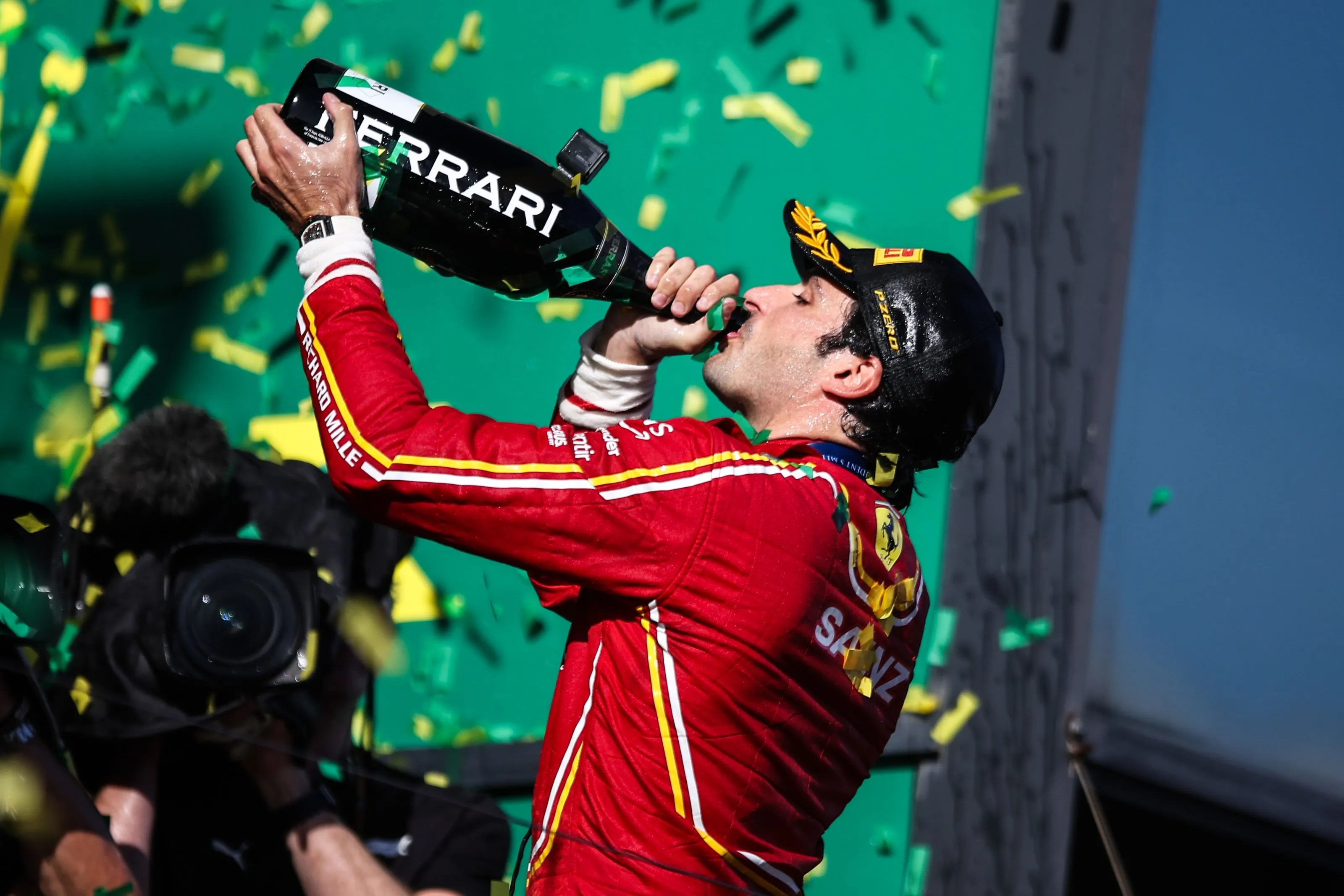Mercedes Provide Update On Issue That Caused Russell's Disqualification
F1Wednesday, 31 July 2024 at 20:00
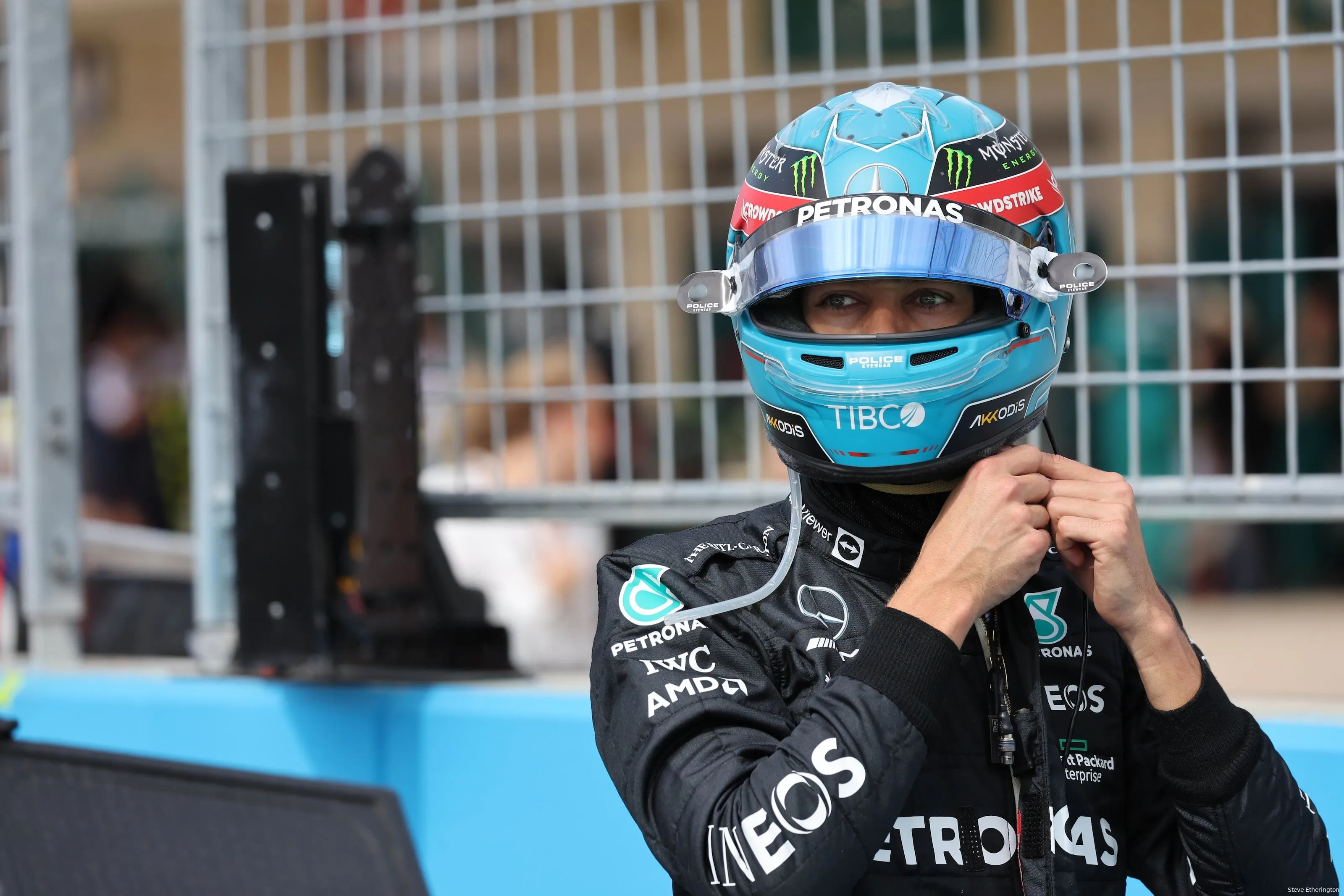
Mercedes trackside engineering director Andrew Shovlin provided an update on the cause of George Russell's disqualification.
Mercedes's driver George Russell drove an amazing race during the 14th round of the season at Circuit de Spa-Francorchamps in Belgium.
It might have been one of his best performances so far, and he crossed the finish line in P1. However, as we know, he didn't celebrate for long, as his car was disqualified for being 1,5 kg below the minimum weight.
Mercedes promised to look into the cause of this huge disappointment, and three days later, on Wednesday, 31st of July, Andrew Shovlin provided an update. He said in a debrief video on YouTube:
"Obviously, very disappointing and unfortunate, particularly after he'd [George Russell] driven such a strong race to win from so far back."
Read also
"Right now, we're trying to understand exactly what happened. A lot of that involves as getting the weights of all the different components, and the car can lose quite a lot of weight during the race."
Mercedes initially suspected the problem would have been Russell's long stint, which took too much rubber out of the four tires on his car, which could possibly be over 1kg in total. But there are more things to look at, as Shovlin explained:
"You get tire wear, plank wear, brake wear, oil consumption, the driver themselves can lose a lot, and in this particular race, George lost quite a bit of weight."
"Now, the cars started the race the same weight. Lewis [Hamilton] and George were both weighed after qualifying, cars within 500 grams."
While they started the race at the same weight, the seven-time World Champion's car was fine when he crossed the finish line. As a matter of fact, all the cars were weighed after the race, and the 26-year-old's was the only one under the limit. The engineering director added:
"George's was the only one that had the problem, and it's because things like the tire wear were much higher."
"It looks like we lost more material on the plank. We'll collect all that data, though, and look at how we can refine our processes because clearly, we don't want that to happen in the future."
Read also
POPULAR NEWS
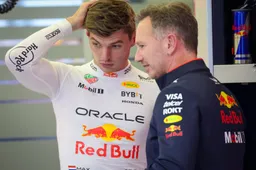
Steiner Warns Red Bull: 2024 Performance Masked By Verstappen's Brilliance
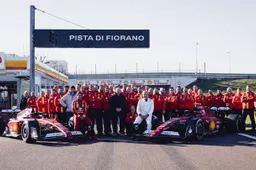
Sainz Sr. Grateful For Ferrari's 'Fantastic Gesture' After Driver Switch
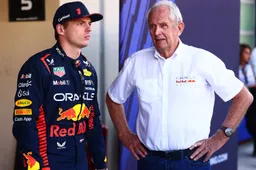
Marko Issues Honest Verdict On Verstappen's Potential Exit: 'You Have To Be Realistic'
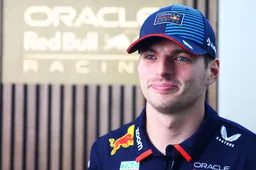
Racing Bulls CEO Reveals What Verstappen's Personality Is Like Outside F1 Paddock

Magnussen Discusses 'Crazy' Thing That Separates Verstappen From Hamilton And Others
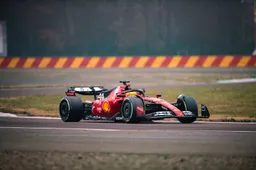
Hamilton: Driving Ferrari F1 Car For First Time 'One Of Best Feelings Of My Life'
Loading
